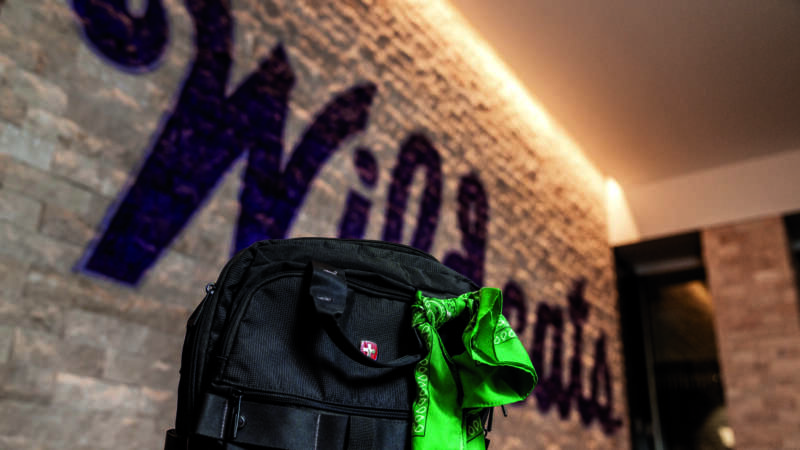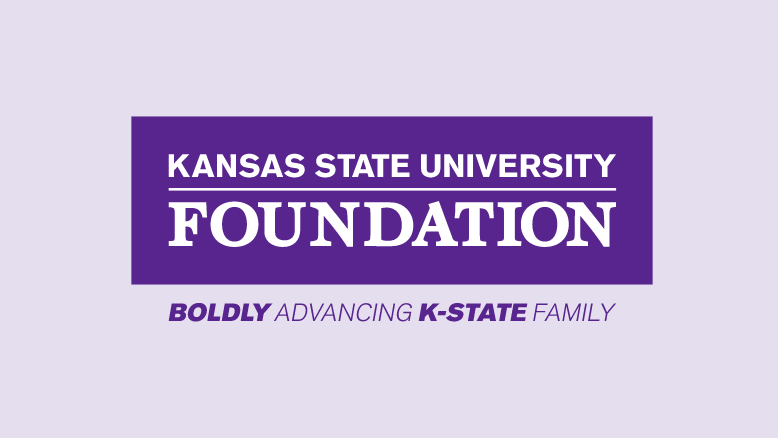Attacking affordability through $10 textbooks.
Textbook prices rose 88% between January 2006 to July 2016, according to the Bureau of Labor Statistics. Students now pay $5,000 on average for textbooks over four years. The rise in textbook costs since 2006 has increased four times the rate of inflation, and for many Kansas State University educators, that’s a problem.
“A lot of faculty say they can’t take it anymore,” said Brian Lindshield, associate professor of food, nutrition, dietetics and health. “They see the prices, they feel it’s not right and feel compelled to make a change.”
That change started in 2013, formalizing a process for developing Open Alternative Textbook Initiative, with seed funding from K-State Libraries and from students through the Student-Centered Tuition Enhancement fund. Web-based, economical, customized alternatives to traditional textbooks were already working well in a few departments, but had yet to gain traction across campus.
Lindshield met with Andy Bennett, professor of mathematics, and Beth Turtle, K-State Libraries’ scholarly communications librarian, who has since retired. The initiative gained even more traction with philanthropic gifts from K-State alumni like Dave and Ellie Everitt and Jerry and Barbara Boettcher.
Interested faculty propose their ideas each semester, which then undergo committee review for potential awards up to $5,000. To maximize return on investment, the committee generally prioritizes high-enrollment courses.
“Many faculty identified information that was missing from textbooks they’ve used for years. Getting that financial award from us gave them the ability to actually sit down and write out exactly what they wanted, how they wanted,” said Rebel Cummings-Sauls, former director of the Center for the Advancement of Digital Scholarship, who became involved with the initiative following Turtle’s retirement.
Former students still reference open/alternative textbooks as a resource later in college and career. Formerly skeptical parents have come to appreciate the comprehensive, cost-saving approach. Moreover, research suggests there can even be a positive impact on student retention and graduation numbers.
“The average student spends more than $1,000 on textbooks each year, but for a lot of students, a few hundred dollars is the difference between making ends meet or not,” Bennett said. “I would like to be able to tell prospective freshmen that the vast majority of their courses will have open resources and in their first year, they don’t have to think about that budget line of $1,000 for textbooks.”
To support the Open/Alternative Textbook Initiative, visit ksufoundation.org/give or contact Heather Strafuss, fundraising services manager, 785-775-2146 or heathers@ksufoundation.org.





